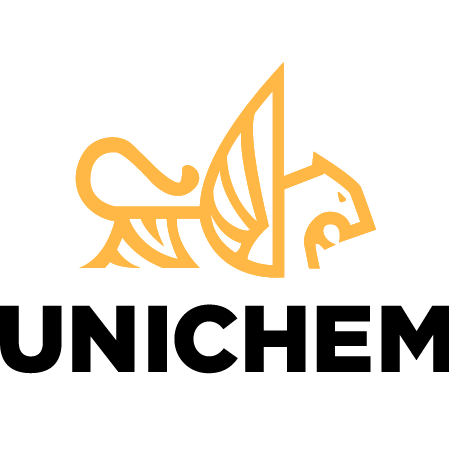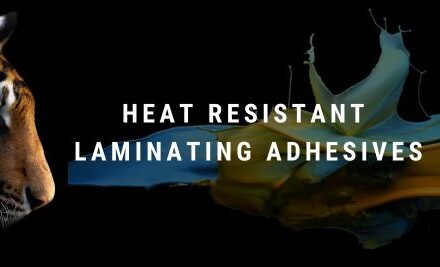
Steel and aluminum components used in appliances, HVAC systems, and automotive assemblies are routinely exposed to extreme temperatures. In these demanding environments, the integrity of a product doesn’t rely on the metal or substrate alone; it depends on every material layer, including the adhesive that bonds them.
Choosing the right heat-resistant laminating adhesive is critical to preserving structural stability, extending product life, and reducing the risk of delamination or failure during operation.
Understanding the Role of Heat-Resistant Laminating Adhesives
Heat-resistant laminating adhesives are designed to support adhesion and cohesion when exposed to elevated temperatures, helping maintain overall system integrity in metal laminations. In coil-applied processes, high-temperature adhesives must also be compatible with continuous production environments, downstream forming, and thermal cycling.
Whether used in appliance panels or automotive components, their ability to support bonding in high-heat applications is critical to product longevity and consistency.
How Formulation Chemistry Supports Heat Resistance
The thermal performance of a laminating adhesive depends largely on its resin system, crosslinking behavior, and the stability of its chemical structure at elevated temperatures. UNICHEM formulates coil-applied uniBOND laminating adhesives using resin technologies such as epoxy, phenolic, and nitrile phenolic to support durability and heat tolerance, providing industrial bonding solutions.
These systems are selected for their ability to resist thermal softening, maintain bond strength through temperature fluctuations, and enable downstream fabrication without delamination or distortion.
Epoxy-based systems are ideal for high mechanical and thermal demands due to their thermal endurance and cohesive strength. Phenolic systems offer enhanced chemical resistance and formability, making them suitable for multi-functional metal laminates.
Application Suitability in High-Heat Environments
In industrial environments where laminated metal parts are subjected to heat, vibration, or pressure, adhesive selection becomes a critical design consideration. Heat-resistant laminating adhesives are commonly specified in:
- Appliances – oven panels, dishwasher interiors, and metal cabinetry
- HVAC systems – duct linings, heat exchangers, and structural housings
- Automotive components – interior and exterior panels in addition to engine compartment parts and battery enclosures
These applications often demand both thermal stability and compatibility with post-lamination forming processes, such as 0T to 1T bends or embossing. Coil-applied systems deliver consistent coverage and film uniformity across large volumes of substrate.
UNICHEM’s heat resistant adhesives are engineered with this performance in mind, offering manufacturers solutions that support process efficiency, end-use reliability, and long-term durability. Our uniBOND Fiber Composite Adhesives are available as single-stage (in-line) or two-stage (b-stage reactivatable) versions.
Why Coil-Applied Adhesives Offer a Process Advantage
Unlike post-applied bonding methods, coil-applied adhesive systems are integrated directly into the continuous metal coating process. This approach ensures precise adhesive thickness, consistent cure, and uniform bond characteristics before the metal is fabricated. It also eliminates variability associated with manual application or batch processing, improving overall efficiency and reducing the risk of failure in downstream operations.
UNICHEM’s coil-applied heat-resistant adhesives are developed with production compatibility in mind, supporting high-speed processing, long coil runs, and reliable lamination across aluminum and steel substrates. With customizable formulations and deep technical expertise, UNICHEM helps manufacturers meet demanding thermal and mechanical requirements with confidence.
UNICHEM offers advanced coil-applied adhesive systems designed for high-temperature performance and industrial reliability. We provide resin chemistries that support metal lamination durability, process efficiency, and long-term adhesion. Contact us today to discuss your application needs and discover the benefits of heat-resistant laminating adhesives.


